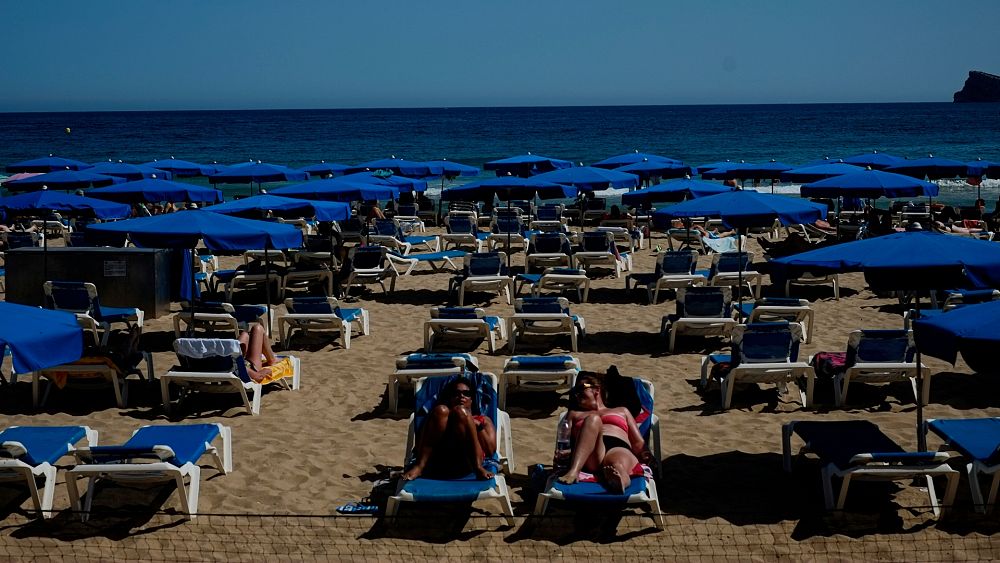Tourists in Benidorm have been warned about “piranha-style” fish after a number of attacks in Alicante.
One of Benidorm’s most famous beaches, Poniente has become a hotspot for bites. On some days first aiders have seen more than 15 people seeking help, according to Spanish newspaper Información.
Obladas fish are reportedly attracted by warts, moles or small wounds on the skin, especially on older people. Their bite can draw blood and leave teeth marks on people’s legs, arms and backs.
Those that have been attacked say the fish are around 30cm long and easily identified by a black spot on their tail.
Swimmers are also being advised not to go in the sea with jewellery that shines as this can lead to attacks from other species like pomfrets, golfer fish or bluefish.
Experts have warned that high water temperatures could be behind the rise in attacks.
The warm water has sped up the metabolism of the fish, increasing their appetite and causing them to seek more food. The sea temperature off the coast of Benidorm is currently around 29 to 30°C according to the Climatology Laboratory at the University of Alicante.
The Institute of Coastal Ecology has been aware of the problem since the summer of 2017 when the Alicante rescue and first aid service first started reporting attacks. Other Spanish resorts including some on the Costa Brava and in Catalonia have also had similar problems with the fish in previous years.
Oblada melanura, the scientific name for the fish, are usually found around the island of Tabarca, 8 kilometres off the mainland, where tourists can feed them in the port.
They are omnivores and usually eat small invertebrates like prawns. But this year they have come much closer to the coastline and seem to have developed a taste for tourists.
A spokesperson from Spain’s Department of Marine Species has said that the fish “are used to being fed”.
“There may be a high population density and they do not run away from people.”


